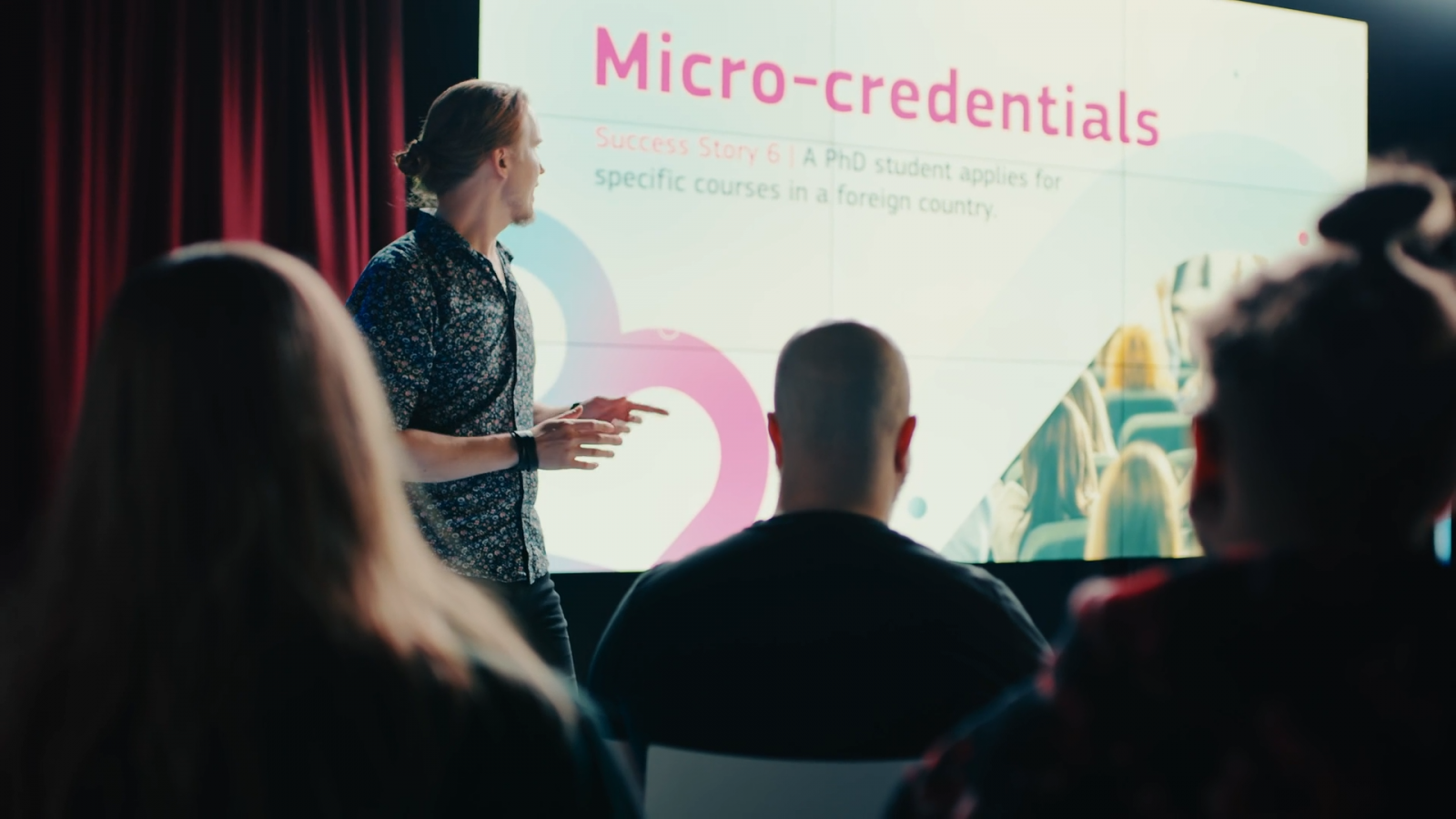Snapshot
For undergraduate students, Games Academy at Tampere University of Applied Sciences offers more than 30 different courses for students wanting to become artists or programmers in game development. Teaching in these courses is very practice-oriented, and besides teaching skills in 2D and 3D game development, it gives the students hands-on experience on publishing and views on how the gaming industry works.
For graduate students, Tampere University offers Master’s Degree Programme in Game Studies and additional advanced courses in three faculties, providing timely and research-based education in e.g. game-based learning and gamification.
For post-graduate students, Tampere University offers education mainly in two programmes – in Doctoral Programme in Media, Communication and Performing Arts and in Doctoral Programme of Humans and Technologies. The former focusing more on perspectives stemming from game studies and research on gamers, gaming experiences and game cultures and critical and societal perspectives on game production, and the latter focusing more on gamification and game-related technologies, including e.g. game-based learning, esports and different design approaches. In addition, we occasionally offer special programs in post-graduate education, such as the Convergence of Humans and Machines.
For the general public, Tampere University offers a small selection of courses in gamification and game-based leaning. These courses are open to everyone, however they may have requirements for prior knowledge and are mainly subject to a fee (€15 per credit). More info on course selection, timetable and enrollment can be found from the Open University web pages.
For companies requiring specialist or domain-specific knowledge regarding the applications of games, gamification and gameful approaches, Tampere University offers a specific opportunity called the Doctoral School of Industry Innovations (DSII), where doctoral researchers do their dissertations in close collaboration with the industries. DSII follows an annual cycle, where new companies and topics are selected from January to May and prepared from June to August. PhD student admission is from September to November and employment contracts are signed from November to December. For more info, visit the DSII website.
Course examples from Tampere University
- Applying Game Studies Methods (5 ECTS)
- Concepts of Game Studies (5 ECTS)
- Design from The Future – Critical Speculative and Fictional Design (5 ECTS)
- Disability and Game Studies (5 ECTS)
- Forecasting and Data Analytics via Gamification (3 ECTS)
- Foundations of Game-Based Learning (5 ECTS)
- Gamification: A Walkthrough of How Games Are Shaping Our Lives (5 ECTS)
- Gamification: Theory, Practice and Design (5 ECTS)
- Gamification of Knowledge Management (5 ECTS)
- Introduction to Game Studies (5 ECTS)
- Introduction to Game Studies Methodologies (5 ECTS)
- Multidisciplinary Game Studies (5 ECTS)
- Semiotics of Play (5 ECTS)
- Special Issues in Game Studies (5 ECTS)
Course examples from Tampere University of Applied Sciences
- 2D Game Design and Construction for Game Artists (5 ECTS)
- 2D Game Design and Construction for Programmers (5 ECTS)
- Advanced 3D Workshop (5 ECTS)
- 3D Environment Modeling (5 ECTS)
- Basics of 3D Modeling for Game Artists (5 ECTS)
- Business Competence and Data Analytics in Game Industry (5 ECTS)
- Creating and Animating 3D Characters (5 ECTS)
- Game Business and Production (5 ECTS)
- Game Camp and Game Camp Advanced (10 ECTS each)
- Game Design (5 ECTS)
- Game Programming 1, 2 and 3 (5 ECTS each)
- Game Project 1 and 2 (10 ECTS each)
- Grand Game Release (12 ECTS)
- Playtesting and Usability (5 ECTS)
- Managing Game Project (5 ECTS)
- Mobile Game Development (6 ECTS)
Courses examples from Open University
- Foundations of Game-Based Learning (5 ECTS)
- Gamification: A Walkthrough of How Games Are Shaping Our Lives (5 ECTS)
- Gamification: Theory, Practice and Design (5 ECTS)

